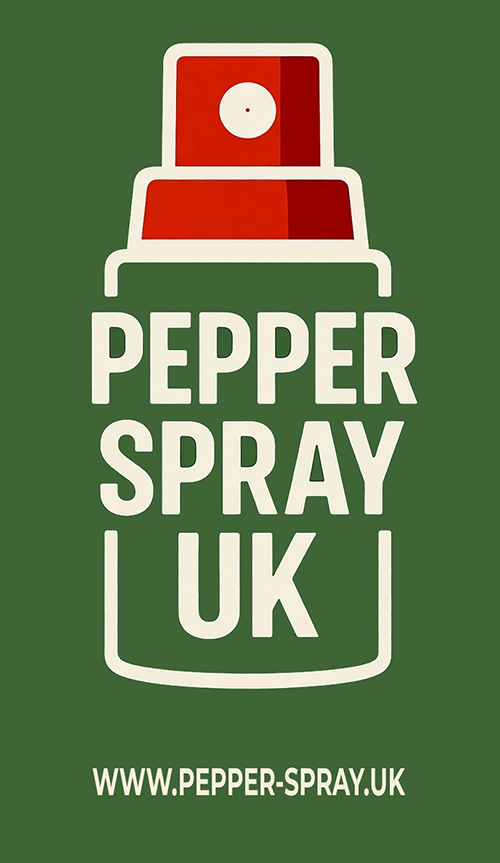Pepper Spray: The Fiery Frontline of Non-Lethal Defense
In an era of escalating tensions about violent crime and self-defence debates, oleoresin capsicum (OC) spray—better known as pepper spray—remains restricted in the UK.
OC replaced older agents like CS gas, rejected in the UK for inhalation risks, slower effects, and higher contamination potential. CS required breathing to work, causing prolonged respiratory distress; OC acts on contact, proving 90% effective in studies.
Banned for civilians under the Firearms Act 1968 and Offensive Weapons Act 2019, OC is classified as a prohibited weapon due to its incapacitating power, with possession carrying up to 10 years' imprisonment.
Health studies show no proven lasting effects in most cases. Rare in-custody deaths (63 reviewed since 1990) link to drugs, heart conditions, or restraints, not OC. A 1995 analysis of 29 fatalities found 22 unrelated. Temporary issues resolve quickly; 2024 reviews confirm effective decontamination with water prevents complications.
OC offers rapid, non-lethal neutralisation of attacks with minimal lasting harm.
Many have suggested the United Kingdom has significantly changed since 2019 and call for an urgent review of an outdated law to protect UK citizens.
